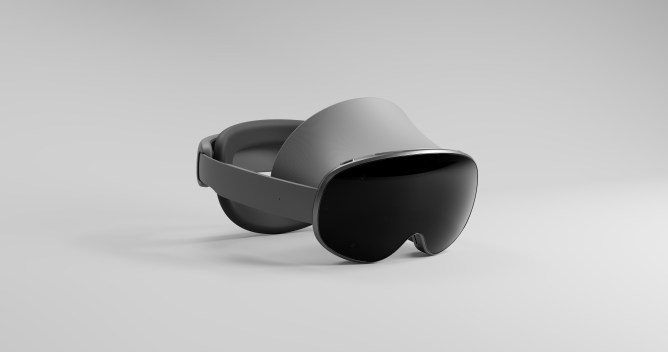Introduction
Google has announced the launch of its new Android-based platform, Android XR, which is designed to accommodate advanced AI features. This platform will support app development on various devices, including headsets and glasses.
Android XR: A New Era in AR
The company is releasing the first developer preview of Android XR today, which already supports existing tools such as ARCore, Android Studio, Jetpack Compose, Unity, and OpenXR. This move is seen as a significant step towards making augmented reality (AR) more accessible to developers.
Project Moohan: The First Device
The company has partnered with Samsung to produce an XR device called Project Moohan, which will be available for purchase next year. The headset will feature Gemini, a voice assistant that allows users to control the device and ask questions about the app and content they are viewing.
What is Android XR?
Android XR is a new platform designed specifically for augmented reality (AR) applications. It is built on top of the existing Android ecosystem, which means most mobile and tablet apps on the Play Store will be automatically compatible with it.
App Ecosystem and Gemini
The company has highlighted that because Android XR is based on Android, users will already have access to a vast library of apps through the Android XR Play Store. This move is seen as an attempt by Google to counter Apple’s $3,600 Vision Pro, which has struggled with limited app availability.
Redesigned Apps
Google is redesigning several popular apps, including YouTube, Google TV, Chrome, Maps, and Google Photos, for immersive screens. The company did not release a YouTube app for the Apple Vision Pro and also made developer Christian Selig pull out his app Juno for YouTube viewing from the App Store.
Android XR Emulator
The company is introducing an Android XR Emulator to Android Studio, which allows developers to visualize their apps in a virtual environment. This emulator includes XR controls for using a keyboard and mouse to emulate navigation in a spatial environment.
Future Plans
Google has expressed hopes that Android XR will support glasses with "all-day help" in the future. The company is currently seeding its prototype glasses to select users, but no specific launch date has been announced.
Support for Other Devices
Companies such as Lynx, Sony, and XReal, which utilize Qualcomm’s XR solutions, will be able to launch more devices with Android XR. Google also mentioned that it will continue working with Magic Leap on XR, although the extent of their collaboration is unclear.
Google’s Previous AR Efforts
Google has had previous attempts at AR and VR through Project Tango, Daydream, and Cardboard VR. However, with Android XR, the company aims to make a more significant impact in the industry.
Conclusion
Android XR marks a new era in augmented reality development, providing a platform for developers to create immersive experiences. The availability of Gemini and other features will enable users to control their devices in new ways, making AR more accessible than ever before.




